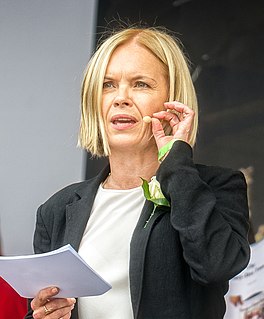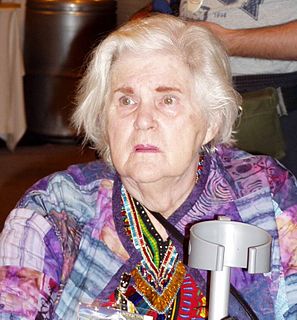A Quote by Om Malik
Snapchat works because using a selfie is way easier than texting or tweeting. Stories should adapt to the medium and do so without cheapening the story.
Related Quotes
Millennials regularly draw ire for their cell phone usage. They're mobile natives, having come of age when landlines were well on their way out and payphones had gone the way of dinosaurs. Because of their native fluency, Millennials recognize mobile phones can do a whole lot more than make calls, enable texting between friends or tweeting.
I think the reason the stories are briskly paced, when they are, is that I like story. I like stories where things happen and there are surprises and reversals, in addition to vivid characters and a memorable voice. So those are the kinds of stories I try to write. And it turns out that's pretty much the only kind of writing that works for TV. It's a medium that just devours story, demands surprises and reversals. So my sensibility is suited to TV storytelling, at least as we think of it today.
Augustus Waters was the great star-crossed love of my life. Ours was an epic love story, and I won’t be able to get more than a sentence into it without disappearing into a puddle of tears. Gus knew. Gus knows. I will not tell you our love story, because—like all real love stories—it will die with us, as it should.
If you're tweeting - and this is what I tell the young athletes who come to me about these situations, because I've been through them and I've seen both sides of it - if you're tweeting just because everyone else is tweeting and you're not uncomfortable, if it doesn't feel like a sacrifice - like when I wore that T-shirt it was a sacrifice.





































